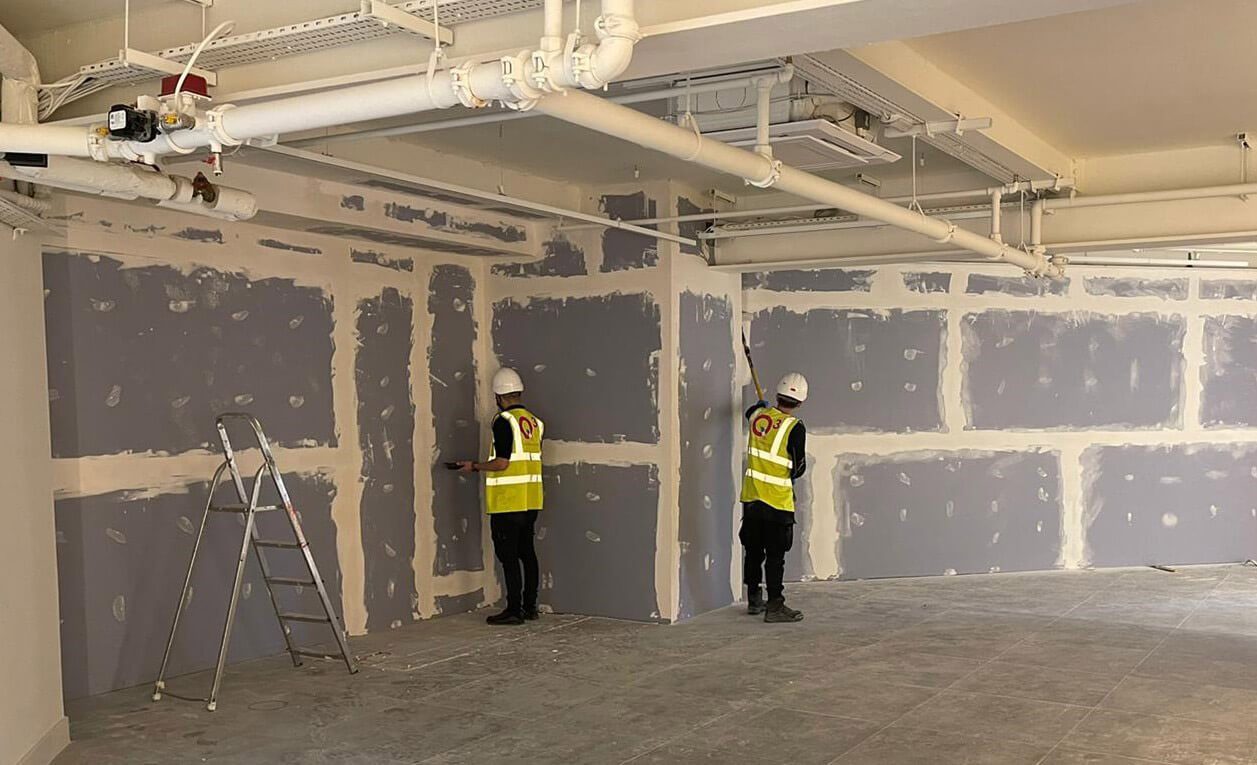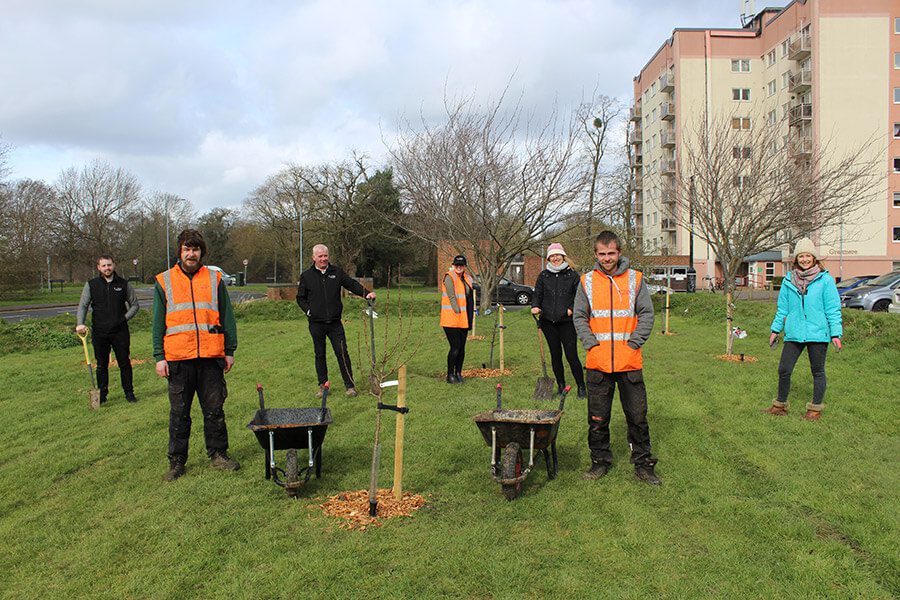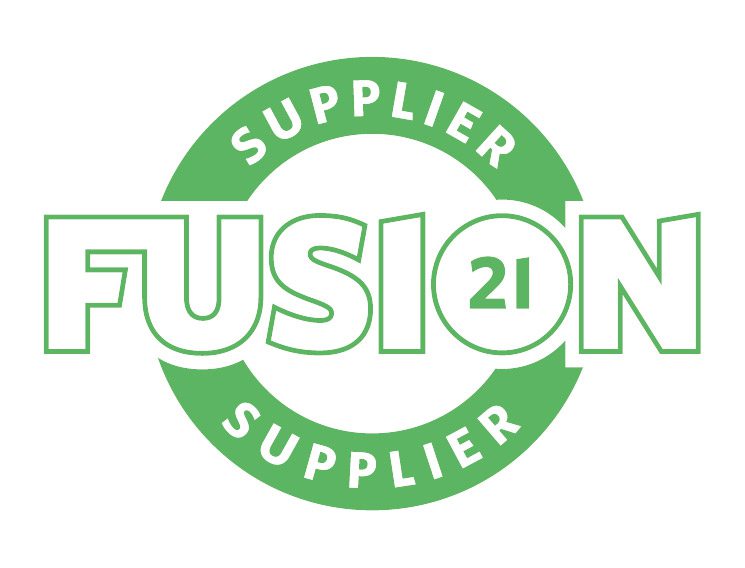Martyn Freeman looks at how Property and FM services might work post Covid

Well, it’s officially Spring, the clocks have rolled forwards and everyone’s fixing their gaze on the lifting of Covid restrictions and getting back to business as usual. But what exactly is BAU going to look like now? There have been more articles published recently on the future of the workplace than you can shake a stick at, and this year’s Workplace Futures conference spent an entire day debating the subject.
Most folk agree that there is change afoot but disagree on the eventual outcomes. Every day there is another headline that provides a glimpse of this brave new world. Having mothballed its plush Waterside HQ in July last year, BA is now looking to sell it off completely and switch to hybrid working. As well as the inevitable branch closures, Nationwide is planning to relinquish leases on three buildings in its hometown of Swindon, where 3,000 staff are based.
As a result of the Covid lockdown, many middle managers who weren’t already practicing some kind of part-time, home working arrangement, quickly got a taste for the extended lie-ins and the absence of commuting. In a staff survey, 57% of the Nationwide’s employees said they wanted to work from home full-time after lockdown and more than a third (36%) said they preferred a mix of home and office-based work.
But it’s not for everyone and whose decision is it where we work? Do we have a choice? Another piece of research claims that three-quarters of remote workers reported feeling worse as a result of long-term working from home, with over one-third (39 percent) feeling more stressed. The report also claimed a significant generational divide, with 66 percent of younger workers saying they felt either tired, stressed or under more pressure at work, compared with their older colleagues, who were probably quite comfortable in their superior, suburban office set ups.
So, what are the implications for the property and FM industry? Historically, the commercial property market in the UK has been characterised by a certainty and routine to which both clients, landlords and property management companies have become comfortably accustomed. Most property portfolios were of a constant size, with long-term leases and incremental, inflationary increases in service charges and rates, providing a cosy, reassuring security for all parties. This steady predictability was reflected in the approach to the FM delivery which has also had a traditional focus on the infrastructure and managing buildings as physical assets. Indeed, most of the leading FM companies have grown their business models built on this assumption, with fixed schedules and rates for managing a fixed set of assets, guaranteeing a forward order pipeline to reassure shareholders.
Not now! Everywhere, that traditional model is becoming outmoded and irrelevant because of the rate at which these physical assets are diminishing and being disposed of. Landlords and Property Owners must now adapt to this uncertain environment or perish. And yet, I sat in on a webinar recently where a panel of property experts were predicting a quick return to the normality in the city of London property market once the restrictions are lifted. Somehow, I don’t think so – they are surely sleep-walking to oblivion.
Home delivery and the demise of the High Street are further manifestations of the same change process that is overtaking all of us. Like the High Street, most corporates are now finding that they have no need for all that physical space, or at least space on the scale they were once used to.
So, how can our industry respond in the face of this turmoil and upheaval? The answer is, we are going to have to flex and adopt a new client model. Working remotely, in some format, is here to stay and this has implications for the kinds of workspace we need and its location. Both Property and FM must accept that the physical asset is reducing at an alarming rate and we are all going to have to adapt to a more fluid format. Without the comfort blanket of the three-year or five-year contract that we have grown used to, we will have to work on shorter horizons and both clients and suppliers will have to factor in uncertainty when entering a contract.
Although the Landlord and the FM company both face this problem, they are unable to respond with the same degree of flexibility because of the nature of their business model. The Landlord is unfortunately stuck with an expensive fixed asset which will be difficult to dispose of in the current climate. Many leases may have many years outstanding and expensive lease break options. Landlords can try playing hardball, but there are so many situations right now where a client cannot pay the rent or the monthly service charge because there is little or no revenue stream from their own business.
The FM company on the other hand can be far more flexible because 90% of its cost is people who, can be redeployed, or for the overall survival of the business, sadly let go. If after a contract award, the client decides to close 25% of their buildings, and phones the FM company to inform them, the FM company is in the fortunate position to say “Of course, we will work through this with you to service whatever your future portfolio looks like.”
I afford myself a wry smile when discussing this subject, having been part of a research project some years ago which had already detected a groundswell move to shrink office footprints and move staff to what we then called agile working. Back then the change drivers were the financial crisis of 2008 and the availability of improved tech and broadband. This new working style has been evolving imperceptibly over a 12–15-year period but now Covid has surely turbocharged and accelerated the change process. In the space of twelve months, we’ve witnessed a revolution that will surely have repercussions on our industry for years to come.
 Channel Islands
Channel Islands







